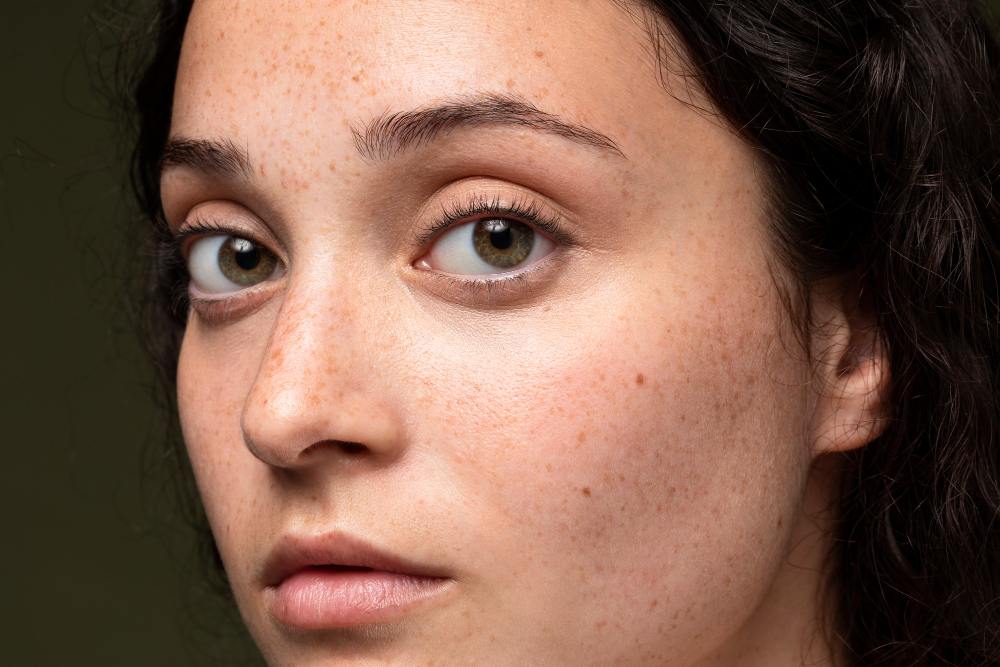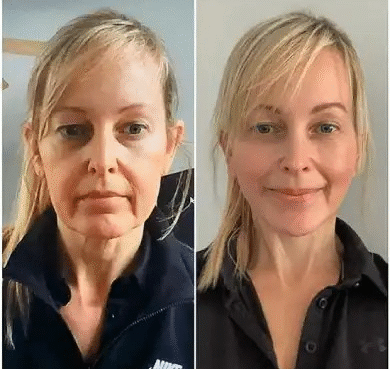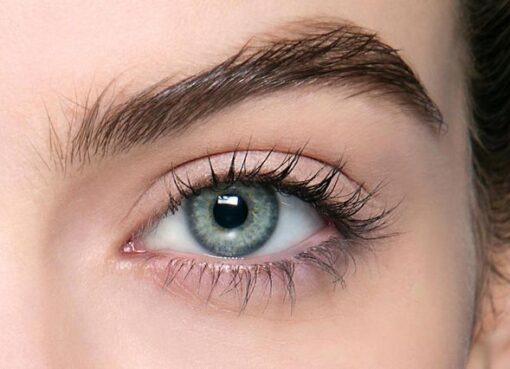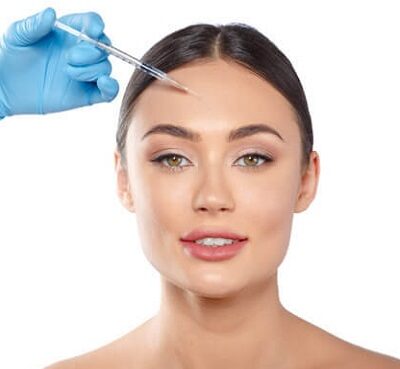Everyday Habits That Make Hyperpigmentation Worse

Hyperpigmentation is one of the most common skin concerns faced by people of all ages and skin types. It shows up as dark spots, patches, or uneven skin tone, often caused by an excess production of melanin—the pigment responsible for giving skin its color. While genetics, sun exposure, and hormonal changes play a major role, your daily habits could also be making the problem worse without you even realizing it.
If you’ve been struggling with stubborn dark spots or uneven pigmentation, it might be time to take a closer look at your everyday routine. Here are some everyday habits that could be worsening hyperpigmentation and tips on how to break them.
Here Are The Everyday Habits That Make Hyperpigmentation Worse
1. Skipping Sunscreen
One of the biggest contributors to hyperpigmentation is sun exposure. Ultraviolet (UV) rays stimulate melanocytes—the cells that produce melanin—to create more pigment as a defense mechanism. If you’re not wearing sunscreen daily, your skin is unprotected, and existing dark spots can become darker while new ones form.
Why it matters: Even short exposure during errands or cloudy days can accumulate damage over time.
Fix: Apply a broad-spectrum sunscreen with SPF 30 or higher every day, and reapply every two hours if you’re outdoors.
2. Picking at Pimples and Scabs
Many people can’t resist the urge to touch, squeeze, or pick at pimples, insect bites, or scabs. Unfortunately, this can trigger inflammation and post-inflammatory hyperpigmentation (PIH), leaving behind dark spots long after the blemish has healed.
Why it matters: Your skin heals by producing excess melanin in the damaged area, creating noticeable marks.
Fix: Hands off! Allow pimples and wounds to heal naturally, and if acne is a concern, seek treatment with non-comedogenic skincare products or professional help.
3. Over-Exfoliating
Exfoliation helps remove dead skin cells and brighten skin tone, but too much exfoliation can backfire. Overuse of scrubs, chemical peels, or exfoliating acids damages the skin barrier, causing irritation and inflammation that worsens hyperpigmentation.
Why it matters: A compromised skin barrier makes the skin more sensitive to sun and environmental damage.
Fix: Limit exfoliation to 1–2 times per week, depending on your skin type. Use gentle exfoliants and always follow with moisturizer and SPF.
4. Skipping Moisturizer
Many people believe that oily or acne-prone skin doesn’t need hydration, but skipping moisturizer can actually intensify pigmentation problems. Dry, dehydrated skin struggles to heal and renew itself, which slows the fading of dark spots.
Why it matters: Moisturizers strengthen the skin barrier, helping it recover from damage and reducing inflammation.
Fix: Choose a lightweight, non-comedogenic moisturizer if you have oily skin, or a hydrating cream with ceramides and hyaluronic acid for dry skin.
5. Inconsistent Skincare Routine
Hyperpigmentation requires patience. Many stop using treatments like vitamin C, retinol, or niacinamide after just a week or two if results aren’t immediate. Inconsistent use not only delays progress but also reduces the effectiveness of targeted products.
Why it matters: It typically takes 8–12 weeks of consistent use to see noticeable improvements.
Fix: Stick to a simple but consistent routine with products targeted at pigmentation. Patience is key.
6. Poor Diet Choices
What you eat reflects on your skin. Diets high in sugar, processed foods, and unhealthy fats can trigger inflammation and oxidative stress, which worsen hyperpigmentation. On the other hand, antioxidant-rich foods help protect skin cells from damage and support healing.
Why it matters: Inflammation from within can show up as darker pigmentation spots on the surface.
Fix: Incorporate foods rich in vitamins C and E, zinc, omega-3 fatty acids, and antioxidants—like berries, green leafy vegetables, nuts, and fatty fish.
7. Not Managing Stress and Sleep
Chronic stress and lack of sleep can disrupt hormonal balance, which may lead to flare-ups of melasma and dark patches. Cortisol, the stress hormone, triggers inflammation and worsens pigmentation.
Why it matters: Rest is essential for skin repair and regeneration. Poor sleep prevents your skin from healing effectively.
Fix: Aim for 7–9 hours of quality sleep each night and practice stress-relieving habits like yoga, meditation, or journaling.
8. Using Harsh Skincare Products
Products with high concentrations of alcohol, strong fragrances, or irritants can inflame sensitive skin. The irritation may lead to redness initially, but once healed, it often leaves behind darkened patches.
Why it matters: Irritated skin is more prone to post-inflammatory hyperpigmentation.
Fix: Opt for gentle, dermatologist-recommended products. Always patch test new skincare items before applying them to your entire face.
9. Ignoring Professional Help
Many people keep experimenting with DIY remedies or random products instead of consulting a dermatologist. While natural ingredients can help in some cases, unmonitored use can worsen hyperpigmentation. For example, lemon juice is often suggested online but can cause burns and irritation.
Why it matters: Incorrect treatments delay proper care and may deepen pigmentation.
Fix: Seek professional advice if your hyperpigmentation is severe, spreading, or not responding to over-the-counter treatments. Dermatologists can provide prescription creams, chemical peels, or laser treatments for effective results.
Final Thoughts
Hyperpigmentation may seem stubborn, but small changes in your everyday habits can make a huge difference. Protecting your skin from the sun, avoiding harmful practices like picking at pimples, nourishing your skin barrier, and maintaining a consistent skincare routine are crucial steps in preventing dark spots from getting worse.
If you’re serious about tackling pigmentation, combine healthy lifestyle choices with the right skincare and professional treatments when necessary. With patience and consistency, clearer and more even-toned skin is absolutely achievable.
Read Also: Why Hyperpigmentation Happens and the Best Way to Fix It







Leave a Comment